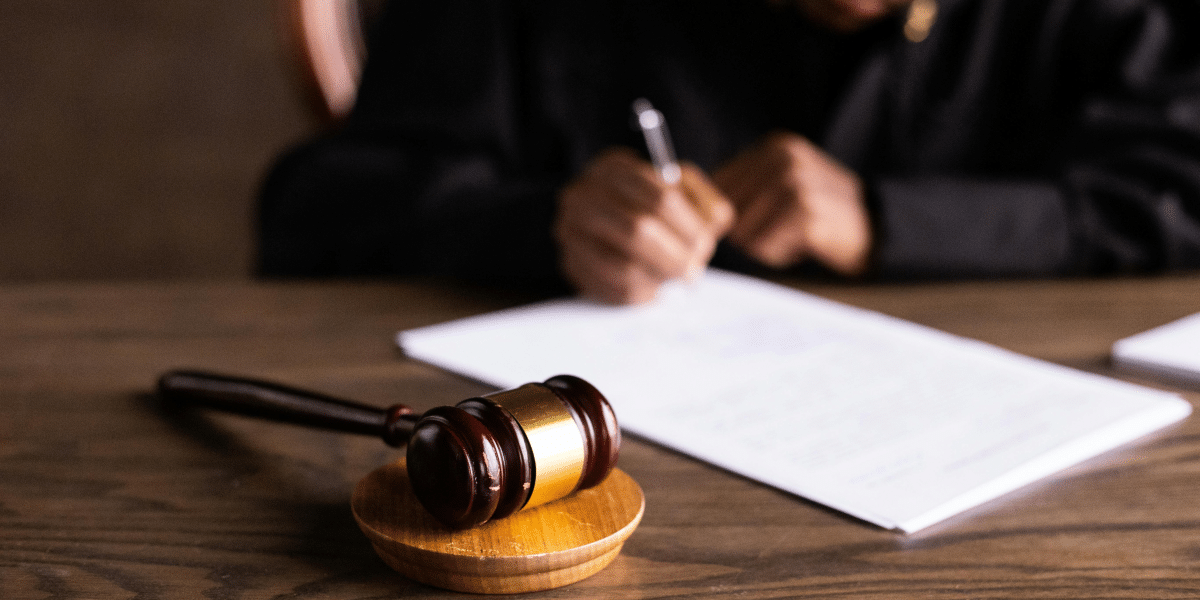By: Tiffany
Accidents happen, and when they do, they can have serious consequences. From car crashes to slip and falls, personal injury law helps individuals who have been harmed due to the negligence of others.
To navigate the complexities of the legal system, it’s crucial to understand key legal terms. This guide explores 10 essential terms that can help you to make informed decisions about your personal injury case.
Remember, consulting with a skilled attorney from the best personal injury law firm in your area is highly recommended if you’re facing a personal injury claim. They can provide professional guidance and help you protect your rights.
Negligence
This is a legal concept that refers to the failure to exercise reasonable care. When someone’s careless actions or inactions harm another, it can form the basis of a personal injury claim. To prove negligence, you must demonstrate four elements: duty of care, breach of duty, causation, and damages.
Liability
Liability is a legal term that signifies responsibility for damages or injuries caused by one’s actions or inactions. In personal injury cases, individuals, businesses, or other entities can be assigned liability. If a party is found liable, they may be required to compensate the injured party for their losses.
Damages
They refer to the monetary compensation awarded to an injured party to compensate for their losses. Compensatory damages aim to restore the injured person to their pre-injury condition by covering medical expenses, lost wages, and pain and suffering.
On the other hand, punitive damages are awarded to punish the wrongdoer and deter future misconduct.
Statute of Limitations
This is a legally mandated deadline for filing a lawsuit. If a lawsuit is not filed within the prescribed time frame, the injured party may lose their right to seek legal remedies. It’s crucial to consult with an attorney promptly to ensure you meet the relevant deadlines.
Settlement
A settlement is an agreement between the parties involved in a lawsuit to resolve the dispute without going to trial. It often involves a monetary payment from the defendant to the plaintiff. Settlements can be a more efficient and cost-effective way to resolve personal injury claims.
Plaintiff
This is the person who initiates a lawsuit by filing a complaint against the defendant. In a personal injury case, the plaintiff is the injured party seeking compensation for damages.
Defendant
The defendant is the person being sued in a lawsuit. The defendant is accused of causing the injury in a personal injury case.
Tort
A tort is a civil wrong that causes harm to another person or property. Personal injury cases often arise from negligence, intentional torts, and product liability.
Contingency Fee
It is an arrangement where the attorney’s fee is a percentage of the settlement or judgment awarded to the client. This arrangement makes legal services more accessible to individuals who cannot afford upfront fees.
Expert Witness
An expert witness is a person with specialized knowledge or skills in a particular field who is called to testify in court. In personal injury cases, expert witnesses may be used to provide expert opinions on medical conditions, accident reconstruction, or other relevant issues.
Disclaimer: The content in this article is provided for general knowledge. It does not constitute legal advice, and readers should seek advice from qualified legal professionals regarding particular cases or situations.
Published by: Josh Tatunay









